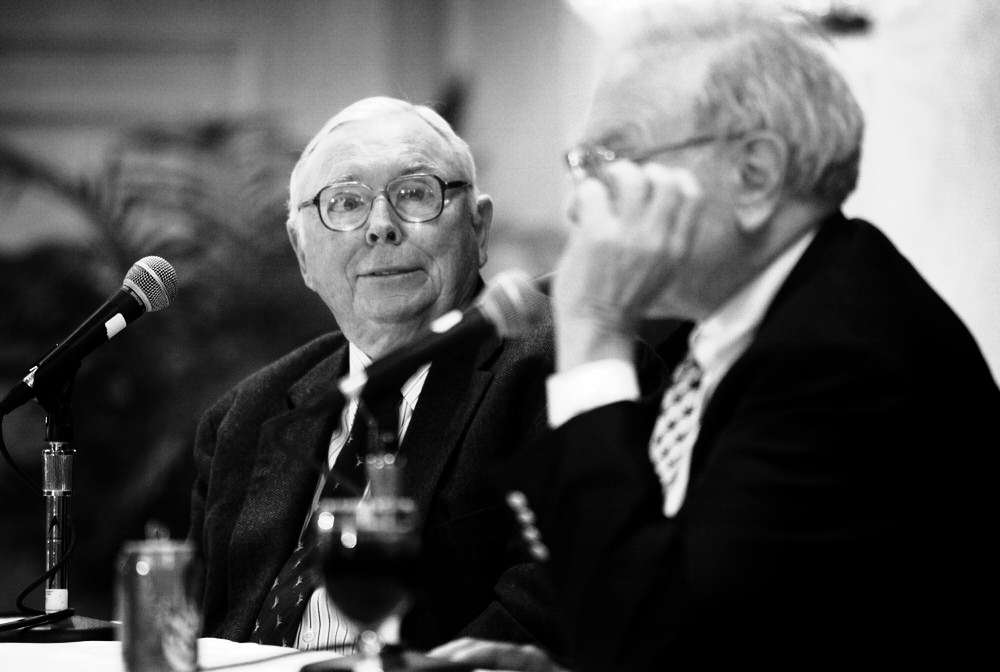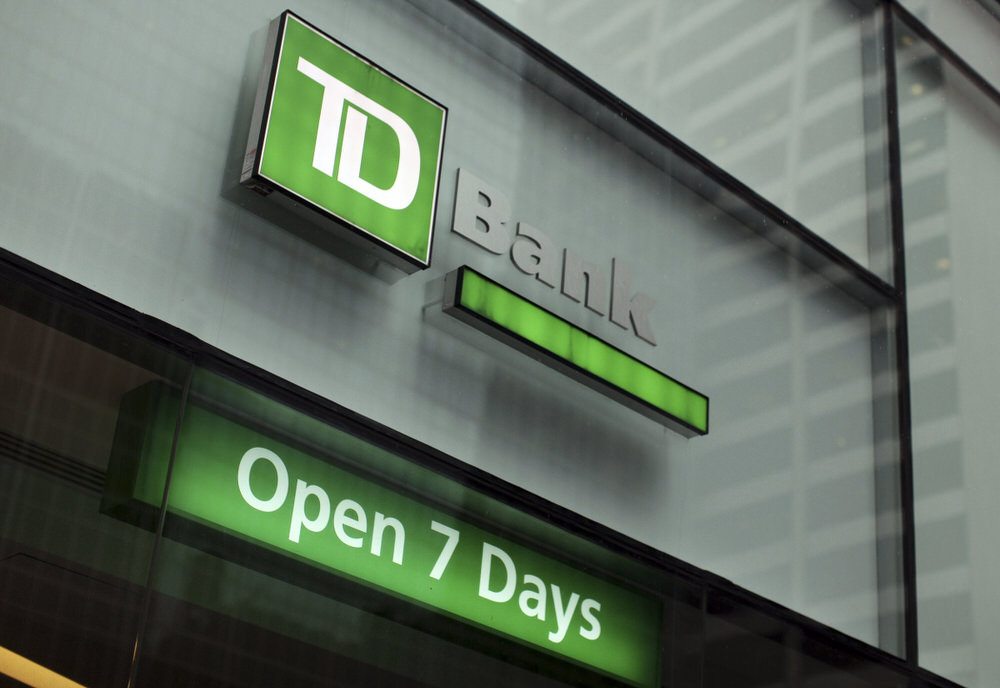by Ben Carlson, A Wealth of Common Sense
One of the biggest benefits of innovations in technology, communication platforms, and social networks is the ability to gain access to a wide variety of conferences, events, and speeches that would have been nearly impossible to listen to or view in the past.
Charlie Munger held court at the annual meeting for the Daily Journal Corp., where he’s the chairman, yesterday in Los Angeles. My Twitter stream was full of people who were there in person tweeting out soundbites and Mungerisms throughout his talk.
In the past, this kind of thing would have been written about in a magazine that you could maybe read on a month lag or even a book that would have taken even longer to see the light of day. But now this kind of event gets live-streamed or live-tweeted in real-time and then dissected on every financial website imaginable. For those who are interested in this stuff, this access can be unbelievably helpful.
I’ve been an enormous Munger fan ever since reading Poor Charlie’s Almanack early on in my career. He has the uncanny ability to take complex topics and simplify them into very powerful short sentences or phrases. Here are a few of my favorites I read from yesterday’s talk:
Deferred gratification really works if you want to get better and better.
Get rid of your stupidities as fast as you can. Avoid bad people.
I’m very busy destroying bad ideas because I have so many of them.
Rationality is a moral duty. If you have the capacity to be reasonable, then you’re morally obligated to be reasonable.
Berkshire succeeded on two decisions a year.
If you’ve read enough about Munger over the years you’ve probably heard some variation of these quotes before. Still, I somehow always find value in drumming this stuff into my skull over and over again as a reminder.
There was, however, one quote he had that I want to dissect a little further:
The value of my partnership went down 50%…it’s a mark of manhood. You better be able to handle it without much fussing.
This is another one Munger has talked about before. In the past he’s said that, “if you’re not willing to react with equanimity to a market price decline of 50% two or three times a century you’re not fit to be a common shareholder and you deserve the mediocre result you’re going to get compared to the people who do have the temperament, who can be more philosophical about these market fluctuations.”
I used to agree wholeheartedly with these types of quotes. When I first started investing and read everything I could find about Buffett and Munger I was under the assumption that every investor in the stock market should be able to sit through something like the 2007-2009 market crash and watch their savings get chopped in half or worse because it would be worth it on the other side once the markets recovered.
A few weeks ago I was asked in an interview what I thought the pain threshold was for most investors in terms of the types of losses that will cause them to capitulate. My guess is that most investors can handle a 10% correction, people start freaking out a little once we hit the 20% level, the panic sets in at 30% losses and anything over 40% is ‘get me out no matter what I don’t even care anymore’ levels.
To borrow from Churchill, I like to say that buy and hold is the worst kind of strategy…except for all the others. The problem is that everyone’s personality and emotional makeups are different. The reason Munger has been so successful over the years is because he is exceptionally rational as an investor. He has the temperament to sit through 50% losses without it affecting his psyche. That’s what makes him a legendary investor. But we’re all not legendary investors.
Many people simply weren’t born with the correct wiring to be so unemotional. So some people need to hold more cash or bonds in their portfolios. Others need some sort of emotional release valve during a market crash to encourage good behavior. It’s possible that these release valves will decrease their performance somewhat relative to what they could have earned staying put. But if something like this can keep you from making an even bigger mistake then it’s totally worth it. Every investor needs to understand their own talents and discipline when figuring out their individual philosophy.
This may be a case of nit-picking Munger on my part but I think it’s important for investors to understand where they fall on the rationality spectrum. I’m sure he doesn’t believe that every investor will be able to pull this off but it’s easy for people to hear soundbites from legendary investors and take their hero worship too far.
The ability and willingness to take risk are not always equal for most investors.
Charlie Munger is a one-of-kind. It’s good for investors to remind themselves of this when trying to emulate him. Very few can.
Further Reading:
Charlie Munger’s Investing Principles
Copyright © Ben Carlson, A Wealth of Common Sense













